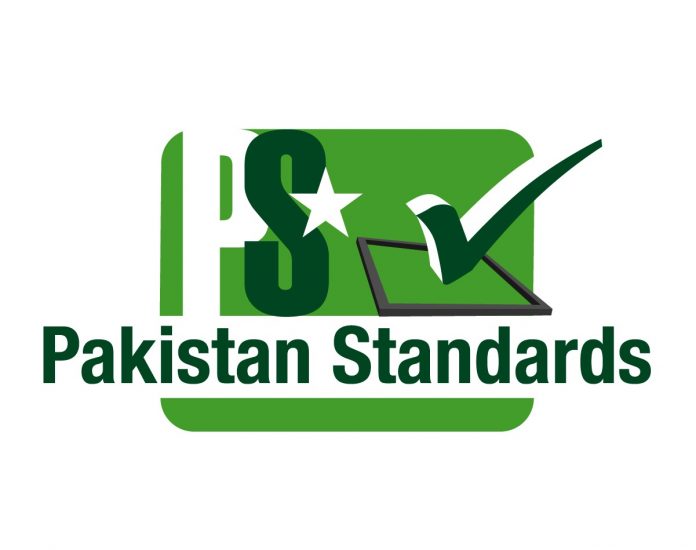ISLAMABAD: The Pakistan Standard and Quality Control Authority (PSQCA), a self-sustaining organisation, has not been able to reach a decision about reducing the marking fee of food and non-food items in accordance with the Prime Minister (PM) Imran Khan’s wish to facilitate ease of doing business (EODB) as the authority depends on revenue largely generated from the fee.
During a recently held meeting of the Board of Directors (BoD) of the authority which was chaired by Minister of Science and Technology Shibli Faraz, the issue was discussed in detail and it was decided that a committee would be formed to deliberate the options, an official source informed this scribe.
The committee would involve officials from both PSQCA and the Board of Investment (BoI).
The meeting was informed that BoI has asked for an amendment in relevant rules/S.R.O.29 (KE) 2008, to charge marking fee on a flat rate instead of ex-factory price.
It was informed that PSQCA is a self-financed organisation and the major source of revenue is marking fees collection. Currently, PSQCA is charging marking fees on ex-factory price according to which the marking fee for non-food items is 0.1 per cent and 0.05pc for food items.
As per documents, a fee is being charged for the use of quality mark of the certifying body internationally and within the region e.g. Conformity to European standards (CE) for Europe and Federal Communications Commission (FCC) for USA where fee varies from $60 to $60,000 based on the product type while separate charges are incurred for verification and testing.
Within the region, Bangladesh Standards and Testing Institute (BSTI) for Bangladesh, Bureau of Indian Standards (BIS) in India, and SSI in Sri Lanka also charges a marking fee. Bangladesh charges 0.07pc for food items on ex-factory price which is higher than Pakistan and Sri Lanka charges on the basis of slabs of total annual sales which is higher for lower annual sales and lower for higher annual slabs.
Furthermore, PSQCA is going to outsource some conformity assessment activities which are purely based on revenue sharing. It will not be possible to adopt Public Private Partnership (PPP) model for PSQCA if it reduces the marking fee.
However, following the instructions of the Prime Minister’s Office, PSQCA has submitted two proposals including the existing marking fee structure which is similar to Bangladesh as well as a marking fee proposal on a flat rate similar to Sri Lanka.
Sources said that Shibli Faraz suggested forming a committee to review the options keeping in view the authority’s revenue issue.
During the meeting, however, various regulatory reforms in the PSQCA license and inspection process were approved.
The BoD also ratified the authority’s decision to harmonise the standard of all mandatory and non-mandatory food products in compliance with the decision of CCI.
Furthermore, the authority was directed by the PM office to introduce risk-based inspection that instead of quarterly inspections. The matter has been examined by PSQCA which submitted that food products have a direct impact on human health and the same are always declared as risky products. However, as per directions of the PM office, PSQCA has reduced the quarterly inspections to bi-annual inspections.
Meanwhile, the BoD also approved abolishing 29 posts to facilitate the appointment of its director general (DG). The MoST had directed to initiate the process of abolishing the dying cadre posts of BS-16 and below in lieu of pay enhancement for the post of director general in MP scale.
It was informed that the federal government has approved the post of in MP scale, subject to the condition that any enhancement will be offset by surrendering vacant posts in BS-16 and below to make the conversion budget neutral.
























